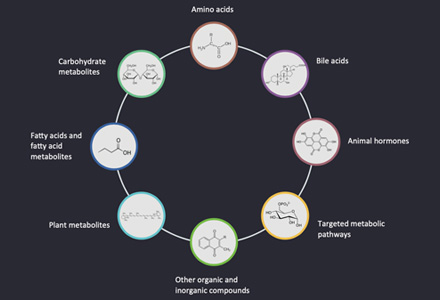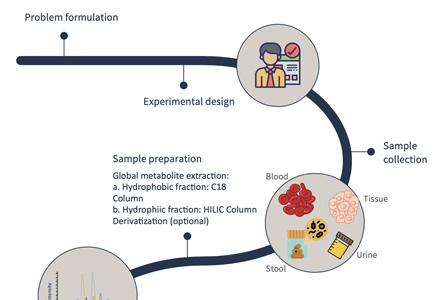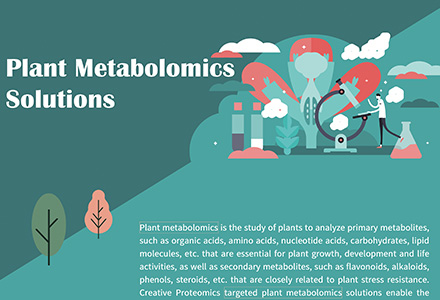Berberine Analysis Service
Submit Your InquiryWhat is Berberine?
Berberine is an isoquinoline alkaloid, a natural extract from the root lotus of the genus Xanthophyllum active ingredient.
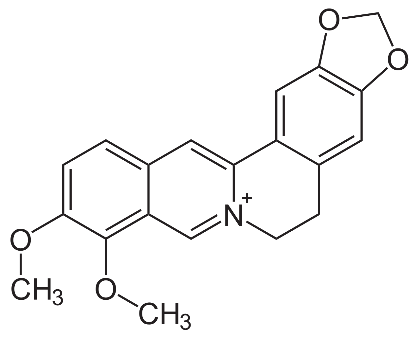 Molecular structure of berberine
Molecular structure of berberine
The potential health benefits of Berberine have been extensively investigated, revealing its capacity to support a diverse array of health conditions ranging from diabetes to heart disease, as well as gastrointestinal issues. Berberine's mechanism of action is believed to be linked to the activation of a fundamental enzyme known as AMP-activated protein kinase (AMPK), which is responsible for regulating the energy metabolism of cells. The activation of AMPK by Berberine is postulated to be associated with an improved insulin sensitivity, a reduction in inflammation, and a lowering of cholesterol levels.
In a study that was randomized, double-blind, and placebo-controlled, it was discovered that Berberine exhibited notable efficacy in reducing blood glucose levels in patients diagnosed with type 2 diabetes. Furthermore, the study also revealed that Berberine had a positive impact on lipid metabolism and demonstrated a capacity to reduce markers of inflammation, hinting at its potential as a protective agent against cardiovascular disease.
Berberine has also been demonstrated to possess antimicrobial properties, rendering it a promising candidate for the treatment of infections caused by viruses, bacteria, and fungi.
Beyond its potential health benefits, Berberine has been thoroughly investigated for its anti-inflammatory properties. The development of chronic inflammation has been established as a potential catalyst for several health conditions, including heart disease, Alzheimer's disease, and cancer. Studies have suggested that Berberine can mitigate the production of pro-inflammatory cytokines, thereby potentially mitigating the risk of chronic inflammation and associated diseases.
Creative Proteomics uses high performance liquid chromatography (HPLC) and liquid mass spectrometry (LC-MS) techniques for efficient and accurate detection of changes in berberine content. In addition, we offer a variety of other alkaloid assays to meet your different needs.
Platform
- HLPC
- LC-MS/MS
Workflow of Berberine Assay
Targeted metabolomics is a study that identifies and quantitatively analyzes known metabolites in a sample. Its advantages are high specificity and accuracy. Therefore, this method has been widely used to analyze and compare multiple target metabolites in different physiological states.
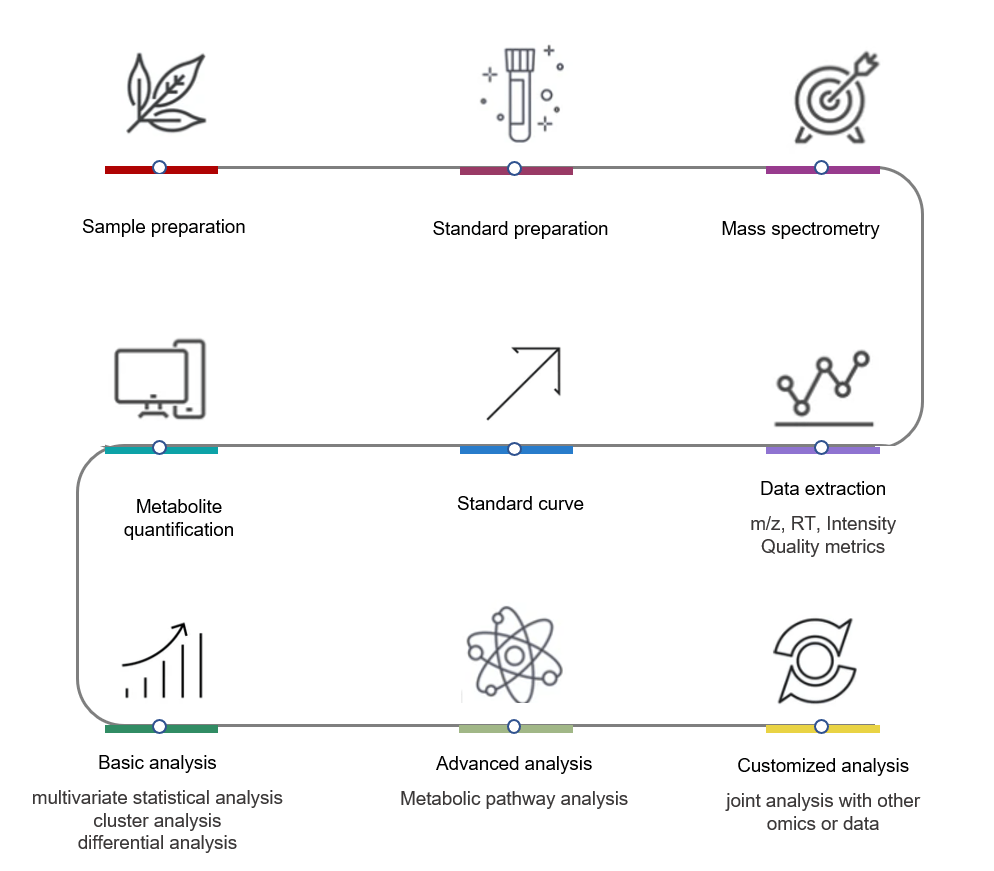
Sample requirements
- Tissue ≥ 200 mg/sample
- Plasma ≥ 200 μL/sample
- Blood ≥ 200 μL/sample
- Drugs ≥ 0.2 g/sample
We can also accept other samples. Please contact us for the exact sample size required for the test.
In order to ensure the accuracy of the samples and reduce systematic errors during sampling, it is necessary to select more than 3 materials with the same condition for each sample. The same condition refers to the same period, basically the same phenotype, and the same part.
Delivery standard
- Complete lab report (including information on methods, instrument parameters, reagents, and consumables)
- Raw data
- Mass spectrum picture (section)
- Metabolic molecular identification results
Turnaround time: About 1-4 weeks.
Creative Proteomics has cutting-edge technology and a professional team with expertise in metabolomics, bioinformatics, and statistics. We offer targeted metabolomics services and customizable options for personalized data analysis. Contact us for any questions or specific requirements.


